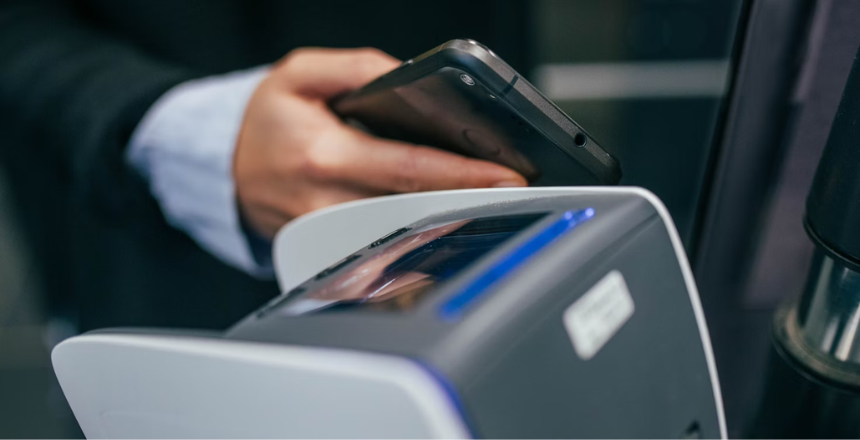Understanding Retail Therapy
The principle of retail therapy is going out and purchasing items that improve your mood and well-being. This is a very common form of stress relief for many, and yes, there actually is some science behind it. Studies in the field of consumer behavior retail therapy have shown that shopping can indeed provide a temporary emotional lift. Retail therapy stimulates the brain’s reward centers, releasing dopamine, which makes you feel good – even if only momentarily.
The Benefits Of Retail Therapy
When it comes to the benefits of retail therapy, it’s all about moderation. Shopping can act as a distraction, helping you temporarily escape from both stress and sadness. For some, this process can be genuinely therapeutic. Retail therapy can give you a sense of control and self-expression, which are crucial during times when you might feel like everything is spiraling and out of your control.

The Myth Behind The Shopping Cart
However, we need to be aware that this process isn’t perfect or always good. Relying on shopping as a primary coping mechanism can lead to problematic behaviors, such as emotional spending. This is when shopping becomes less about fulfilling an emotional need in a healthy way and more about compulsive behavior. The feel-good factor of retail therapy is usually fleeting, and without addressing underlying issues, it can spiral into financial stress.
Healthy Alternatives To Retail Therapy
If you ever find yourself leaning too heavily on retail therapy, you should consider other stress-relief methods that might have more lasting effects on your happiness and well-being. Activities such as exercising, journaling, or engaging in a hobby like cooking can also boost your mood without the potential downside of overspending. By effectively managing your emotional triggers, you will be able to avoid the retail therapy trap. If you like cooking, you might also like our other article on essential tips for grocery shopping.
Balancing Act Of Retail Therapy
Does retail therapy really work? The answer is both yes and no. While it can offer a quick emotional boost, its effects are normally short-lived. Next time you are tempted to hit shops like Shein and Tommy Hilfiger for an emotional boost, take a moment to ask yourself if there’s a healthier way to address your feelings. Shopping can brighten your day, but being mindful of your habits ensures it won’t dim your tomorrow – and your wallet might appreciate it!




